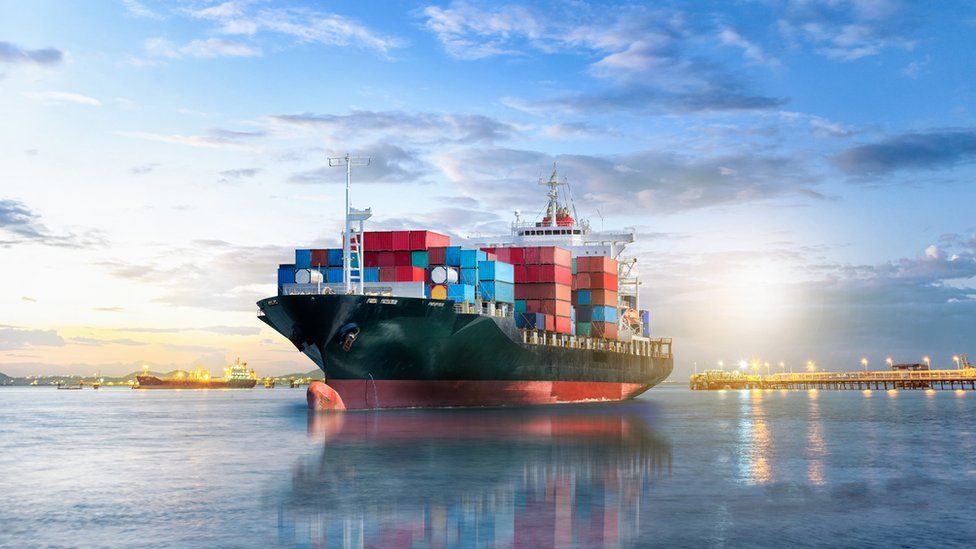Freight cargo transportation, which makes it easier to move commodities across continents and oceans, is the essential lifeline of global commerce in today’s interconnected world. This sector is essential to sustaining the global trade flow, from large container ships across international waterways to local freight services linking adjacent nations. Knowing the basics of freight cargo shipping is essential whether you’re a manufacturer trying to ship raw materials, a business owner looking for effective ways to carry goods, or an individual preparing to relocate personal possessions abroad.
1.Timing is Everything: Plan Well Ahead
In freight cargo transportation, preparation is the key to success. Depending on variables including distance, route, weather, and port congestion, shipping schedules can differ greatly. Bookings must be made at least two to three weeks in advance for the majority of foreign shipments, while some routes may require even longer lead times. Planning your shipments around holidays or harvest seasons will assist in ensuring easier operations because these times might affect availability and rates.
2.Packaging and Documentation Matter More Than You Think
Effective packaging promotes efficiency and compliance in addition to safeguarding your products. Regarding your cargo, you must pack it in conformity with international standards, label it, and fasten it in the appropriate manner. For every shipment, there is specific paperwork like bills of lading, commercial invoices, packing lists, and customs declarations. These documents will always come in handy always in customs inspections but not only, but having these ready and arranged can help to avoid delays, extra expenses, and some legal problems.
3.Understanding Different Shipping Options
Freight shipping is done in several different ways and is thus appropriate for a specified purpose. Container shipping is available for larger cargoes in Full Container Load (FCL) and may also be provided for smaller volumes in Less than Container Load (LCL). Cars are best in roll-on/roll-off (RO-RO) shipment and large products, that don’t fit the regular containers, for break bulk shipment. With such knowledge, you then have the ability to pick the most economical and efficient method for your particular cargo.
4.Insurance and Liability Considerations
Accidents can occur during transit even though carriers take safety measures to protect cargo. To safeguard your investment you need to understand liability constraints and insurance decisions. Additional cargo insurance is a good idea because typical carrier liability often pays only a part of the value of your shipment. Make sure you have sufficient coverage for your unique shipment requirements, as your insurance and carrier liability policies are terms and conditions to be reviewed carefully.
5.Cost Factors Beyond the Base Rate
The basic freight rate is only one aspect of shipping costs. Fuel surcharges, terminal handling fees, customs duties, documentation fees, and special handling requirements are examples of additional costs. There may be emergency scenario fees or peak season surcharges on some routes.
Conclusion
Preparing for effective freight cargo transportation is a meticulous business requiring close attention to detail, detailed knowledge of all of these things, and coordination with international cargo agents. By taking into consideration the following things, you will be able to manage the shipping process more skillfully, ensure the safe delivery of your cargo, and keep a grip on your shipping expenses and schedule.

